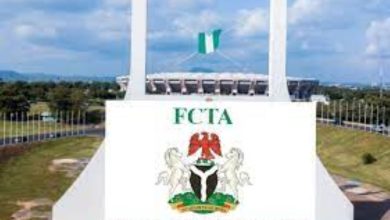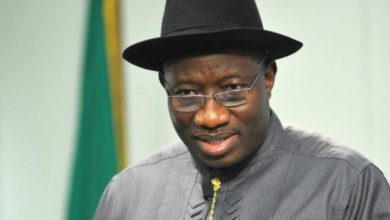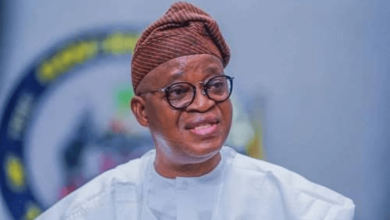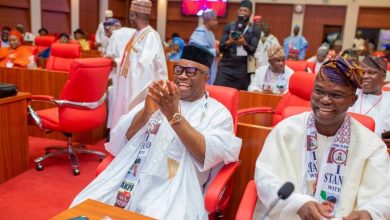Ayo Fayose: My Belief in Tinubu’s Leadership Began While I Was Governor
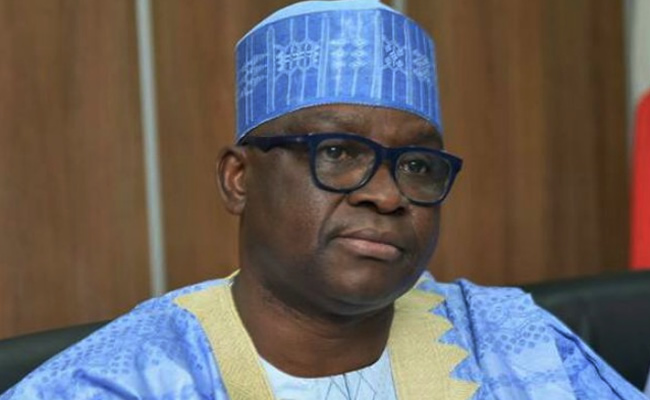
According to Ayodele Fayose, the former governor of Ekiti State, he has always trusted President Bola Tinubu’s ability to lead.
He said he has always believed in the president’s ability, even as a sitting governor running on the Peoples Democratic Party (PDP) platform.
After meeting Tinubu, Fayose told reporters that the president should be commended for his efforts thus far.
“I have always believed in his leadership and I did not hide my support for him even before he became president,” he stated, referring to his time as a sitting governor and PDP governor.
Read Also: Tinubu Could Lose Like Jonathan – Ndume’s Remark Sparks Backlash
“And the only thing we can do as this nation’s leaders right now is to keep pushing him to raise his hands and to show the public how uncomfortable it is to be in charge of a faltering economy that is currently being stabilized.”
He claimed that Nigerians had hope because of the president’s decisions.
“You see,” he added, “there is a difference between things changing completely and nothing miraculous, but stabilizing the economy, stabilizing the currency, and the few brave actions the president has taken, along with the accomplishments of his administration, give us all hope for the future.”
Fayose responded that he is no longer playing a frontline position when asked if he is trying to save the PDP.
“I no longer serve on the front lines. “I made the small contribution I could while I was in office, but I am no longer the governor of a state,” he declared.


